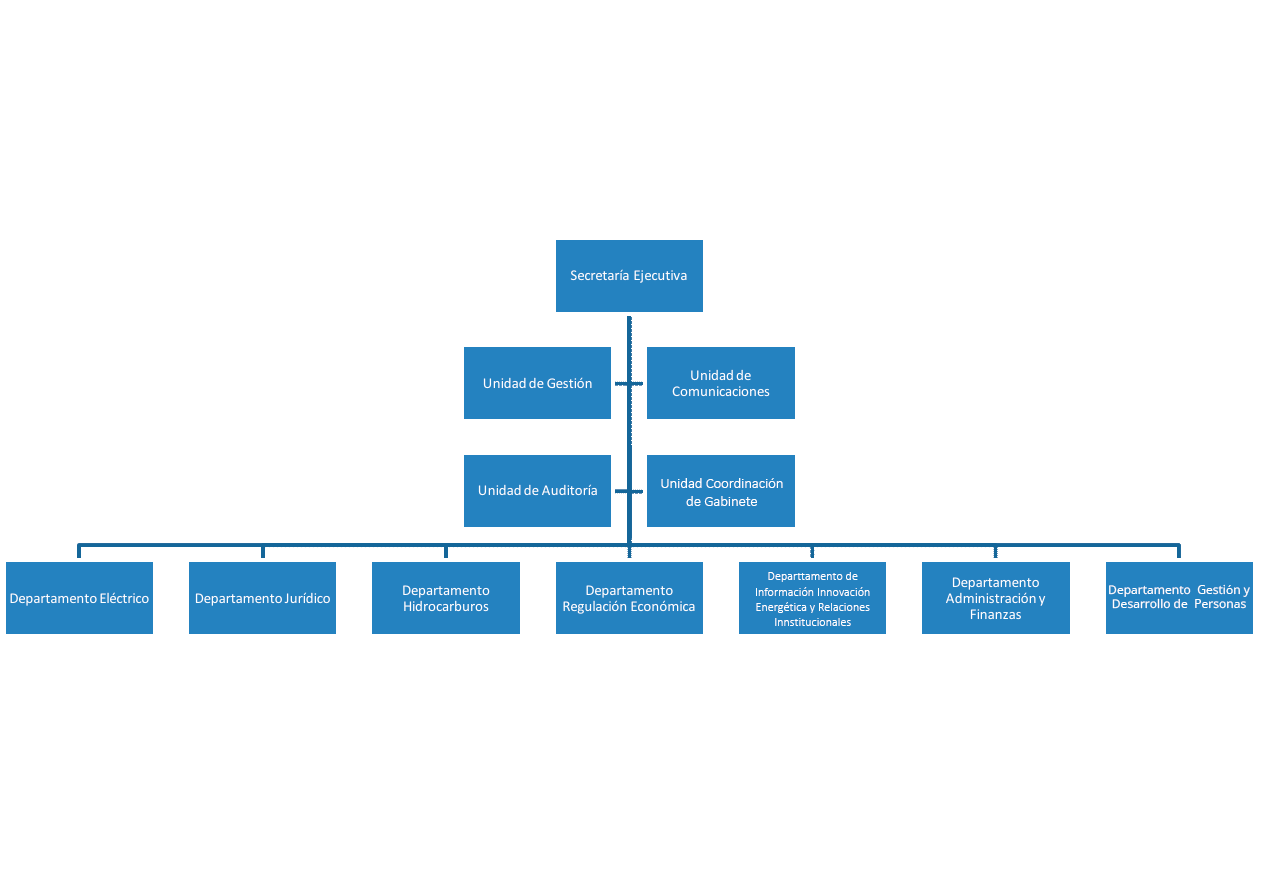Unleash Postman's Power: Unexpected Tips And Techniques

Table of Contents
Mastering Postman Collections for Efficient API Testing
Organizing your API requests effectively is crucial for efficient API testing and development. Postman Collections provide a powerful way to group related requests, making your workflow significantly smoother. Using collections improves reusability, reduces redundancy, and makes collaboration easier.
-
Organize Your APIs: Structure your API requests into logical collections based on functionality or endpoints. For example, you might have collections for "User Management," "Product Catalog," or "Order Processing." Further organize within collections using folders to categorize related requests, such as creating separate folders for different HTTP methods (GET, POST, PUT, DELETE) within a specific collection. This hierarchical structure allows for easy navigation and management of even the largest API projects.
-
Automated Testing with Collection Runners: Postman's Collection Runner allows you to automate the execution of your API tests. This is invaluable for regression testing and ensuring consistent functionality across different environments. You can configure the runner to iterate through different environments, using environment variables (discussed below) to target specific URLs and data. You can also generate comprehensive reports detailing the success or failure of individual requests and the overall collection run.
-
Environment Variables for Flexible Testing: Using environment variables within your collections provides flexibility for testing across different environments (development, staging, production). Define variables like
baseUrl,apiKey, ordatabaseUrlwithin your environment and then reference them within your requests using the syntax{{variableName}}. This eliminates the need to manually change URLs or credentials for each environment. For example:
// Example request using environment variables
let url = "{{baseUrl}}/users";
pm.sendRequest(url, function (err, response) {
//Your test assertions here
});
- Pre-request and Test Scripts for Automation: Postman allows you to use pre-request and test scripts written in JavaScript to automate complex tasks and assertions. Pre-request scripts can modify requests before sending them (e.g., adding headers, generating dynamic data), while test scripts can verify the response data against expected values.
//Example Test Script
pm.test("Status code is 200", function () {
pm.response.to.have.status(200);
});
Unlocking Postman's Advanced Features for Enhanced Workflow
Postman offers advanced features that significantly enhance your API testing and development process. These features move beyond basic request execution, providing tools for continuous monitoring, CI/CD integration, and powerful scripting capabilities.
-
Continuous API Monitoring with Postman Monitors: Postman Monitors allow you to schedule automated runs of your collections at regular intervals, proactively detecting issues before they impact users. You configure monitors to run your tests and send notifications (email, Slack, etc.) if any tests fail. This ensures the reliability and availability of your APIs.
-
CI/CD Integration with Newman: Newman is Postman's command-line collection runner. It allows you to integrate Postman into your CI/CD pipeline, automating API tests as part of your build process. This ensures that your API changes don't introduce regressions. You can run Newman directly from your terminal using commands like:
newman run collection.json -e environment.json. -
Mastering Postman Scripting with JavaScript: Postman's scripting capabilities, using JavaScript, allow for dynamic requests, complex assertions, and custom functionalities. You can manipulate request data, extract values from responses, and perform sophisticated validation checks. This enables highly customized and powerful automated testing.
-
Efficient Team Workflows with Collaboration Features: Postman offers robust collaboration features allowing teams to efficiently manage and share their API testing workflows. These features include commenting, sharing collections and environments, and version control, improving teamwork and knowledge sharing.
Beyond the Basics: Pro Tips and Tricks for Postman Experts
Even experienced Postman users can benefit from these advanced tips and tricks to further refine their workflows and maximize their efficiency.
-
Keyboard Shortcuts: Utilize keyboard shortcuts to dramatically speed up your workflow. Learn shortcuts for sending requests, navigating collections, and managing variables. This can save significant time over the long run.
-
Effective Workspace Management: Postman Workspaces allow you to organize projects and collaborate with team members. Use separate workspaces for different projects or clients to maintain a clean and organized environment.
-
Automated API Documentation: Generate comprehensive API documentation directly from your Postman collections. This eliminates the need for manual documentation updates, ensuring consistency and accuracy.
-
Debugging with Postman Interceptor: Postman Interceptor is a browser extension that captures and displays network requests in real-time. This is invaluable for debugging API interactions and understanding how your application interacts with your APIs.
-
Best Practices for Collection Design: Design and maintain well-structured Postman collections following consistent naming conventions, clear descriptions, and logical organization. This ensures long-term maintainability and usability, especially as projects grow.
Conclusion
This article has explored several unexpected tips and techniques to enhance your Postman workflow, from mastering collections and utilizing advanced features to leveraging pro tips and tricks. By implementing these strategies, you can dramatically increase your efficiency in API testing and development.
Ready to unleash the full power of Postman? Start experimenting with these techniques today and transform your API workflow! Mastering Postman will significantly improve your API testing and development capabilities. Dive deeper into Postman's features and unlock your full potential!

Featured Posts
-
 Using Ai To Transform Repetitive Documents On Scatology Into A Compelling Podcast
May 19, 2025
Using Ai To Transform Repetitive Documents On Scatology Into A Compelling Podcast
May 19, 2025 -
 Militarizacion Del Cne Analisis De La Sesion Controversial
May 19, 2025
Militarizacion Del Cne Analisis De La Sesion Controversial
May 19, 2025 -
 India Pakistan Espionage The Jyoti Malhotra Case And Its 5 Key Findings
May 19, 2025
India Pakistan Espionage The Jyoti Malhotra Case And Its 5 Key Findings
May 19, 2025 -
 Metas Monopoly Trial Ftcs Shifting Strategy
May 19, 2025
Metas Monopoly Trial Ftcs Shifting Strategy
May 19, 2025 -
 Adios A Joan Aguilera Recordando Al Primer Espanol En Conquistar Un Masters 1000
May 19, 2025
Adios A Joan Aguilera Recordando Al Primer Espanol En Conquistar Un Masters 1000
May 19, 2025
